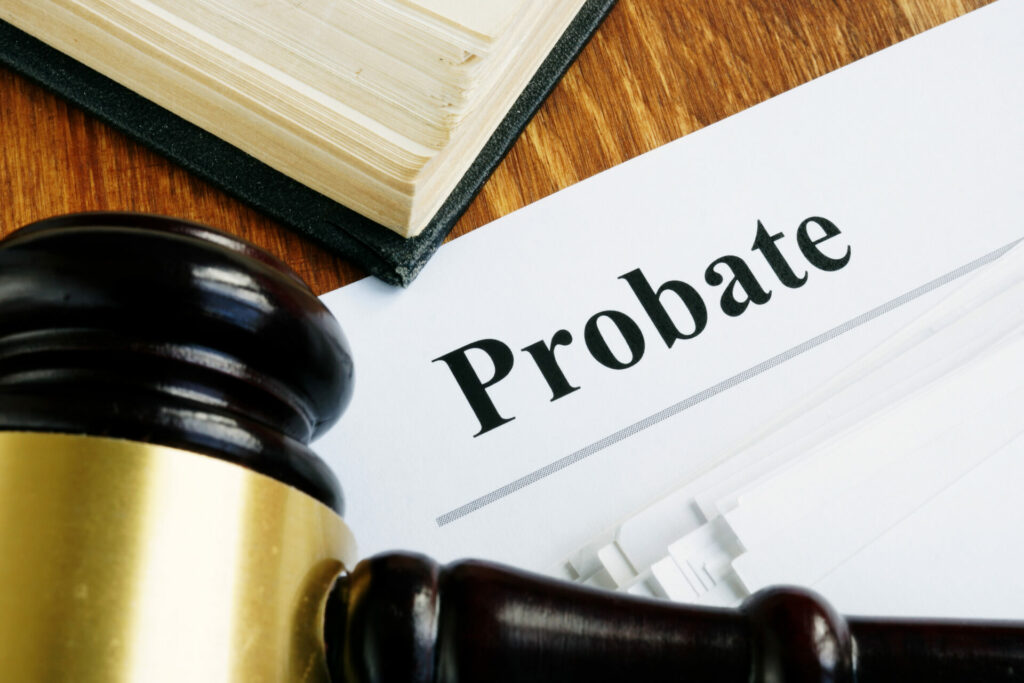How Does Mediation Work in a Contested Guardianship Case?
Guardianship can be an emotionally charged topic for many families. In general, the law strictly protects the right of individuals to maintain their autonomy and make their own decisions regarding their person and finances. However, situations can arise where individuals require the assistance of a guardian because they are minors or are temporarily or permanently incapacitated through poor health, injury, or mental illness.
Unfortunately, those close to the proposed ward (the individual that is the subject of a guardianship proceeding) may disagree about the details of the guardianship, such as who should be in charge of medical decisions or financial decisions for the proposed ward. Sometimes these differences can result in long, expensive, and contentious court cases. While litigation may be unavoidable in certain situations, many families can benefit from pursuing mediation to resolve their guardianship disputes instead. Mediation can have numerous advantages for all parties involved because it allows them to discuss and negotiate a mutually agreeable plan rather than battling over every minor detail in court.
It’s natural to want the best possible outcome for your loved one, and you may believe that taking the guardianship case to court is the right way to protect their interests. However, a knowledgeable Texas guardianship lawyer can outline the benefits of mediating a contested guardianship and explain why it may be a better choice for you.
Why Do Guardianship Contests Occur?
Texas Estates Code § 1104.001 outlines the process for legally appointing a guardian based on the ward’s best interests. A guardian becomes necessary when an individual is incapable of making or communicating safe or sound decisions about their property or person. A guardian may be appointed for both the individual’s person and estate, or those topics can be addressed separately.

Those closest to the proposed ward, and the ward themselves, often have strong opinions about the guardianship proceedings. Common questions that cause strife during the process include:
- Is guardianship necessary?
- Should guardianship be temporary or permanent?
- Who should be appointed guardian?
- What is the exact role of the guardian?
- Is the appointed guardian managing the ward’s affairs appropriately?
- How should the ward’s assets be protected?
- How much ability to make decisions should be retained by the ward?
- Can the guardian restrict certain family members’ access to the ward for their protection?
What Are the Advantages of Choosing Mediation Over Litigation in a Texas Contested Guardianship Case?
In most contested guardianship cases, the people involved are family members or friends of the proposed ward. The closeness of these individuals can cause disagreements to rapidly escalate into highly adversarial conflicts that can cause family strife and ruin relationships. Many people immediately consider litigation in a contested guardianship case, not realizing that it may not provide the results they desire. Mediation can provide many benefits over taking the case to court, which makes it the preferred option in most situations.
Reduces Overall Costs
Mediation is often much cheaper than paying attorney and court fees for taking a guardianship case to trial. Litigating a contested guardianship case can take over a year, and the legal costs involved can deplete the ward’s finances or cause financial strain for their family.
Maintains Positive Relationships
In many cases, the people involved in a guardianship contest will have continued contact with one another following the case’s conclusion. They may need to work together to provide long-term care and support for their loved one.

Mediation can keep the proceedings civil and allow the ward, family members, and friends to work through their areas of conflict without jeopardizing important relationships. Additionally, while the court must stick to ruling on legal issues, mediators can address any underlying family dynamics or disagreements that could be impacting the guardianship proceedings.
Keeps Details Private
Publicly airing disagreements in court can be painful and may leave all sides with bitter feelings. In contrast, the mediation process is confidential. During mediation, a neutral third-party mediator will meet with the interested parties and their attorneys. The mediator will determine the topics of disagreement and work with all sides to find a mutually agreeable resolution. The informal setting encourages the parties to be more open and honest, which can facilitate creative problem-solving and compromise.
Can Result in Faster Dispute Resolution
Reaching a conclusion in a court case may take upwards of a year or more. Disputed guardianship cases may involve appeal after appeal, leaving you and your loved one in limbo as the court decides the next steps. The timeline for the mediation can vary based on the nature of the disagreements and how willing the parties are to make compromises, but in many cases, it may only take a week or two to settle on an agreement.
May Ensure the Wishes of the Ward Are Centered
Guardianship proceedings should only focus on the proposed ward’s best interests and aim to create a plan that protects their well-being while maintaining as much of their autonomy as possible. This means the proposed ward might even need to be involved in the negotiations if they are capable. Ideally, a mediator for a guardianship case will not only be a skilled negotiator. They will also be trained to communicate effectively with individuals who are elderly, very young, or have developmental disabilities, so their needs can be heard and considered.
Keeps the Outcome in the Hands of the Family
In a tense court case, neither side is guaranteed to get the outcome they want, as the court may decide that neither party is suited to represent the best interests of the ward.

The court has the right to disqualify guardians who have displayed bad conduct or who they deem unsuitable or incapable of managing the ward’s affairs. The court may then appoint an outside party to act as a guardian. Successful mediation removes the risk of all sides losing in a court case and keeps the decision-making process within the family.
How Can Our Law Firm Assist You With a Contested Guardianship Case?
Guardianship cases are frequently complex, and disputes can quickly become hostile, particularly when litigation is involved. Careful and compassionate legal guidance can be key to successfully navigating the guardianship process and ensuring the well-being of your friend or loved one. To learn more about your legal options, including mediation, contact The Hatchett Law Firm today to schedule a free case evaluation: 281-771-0560.




